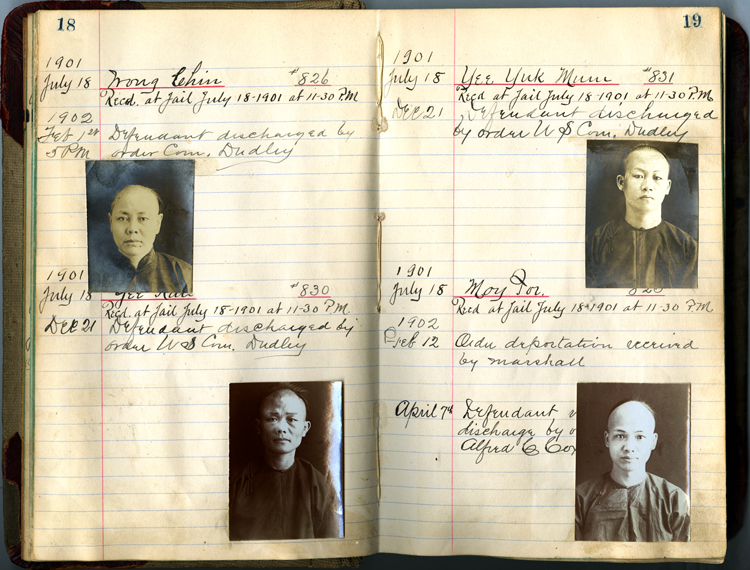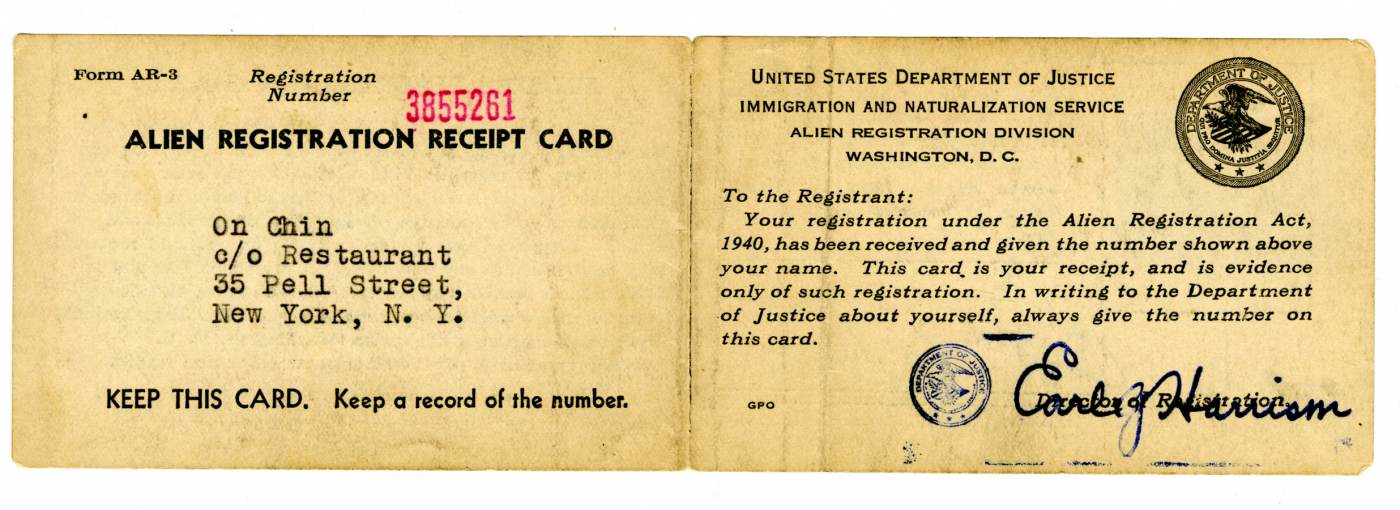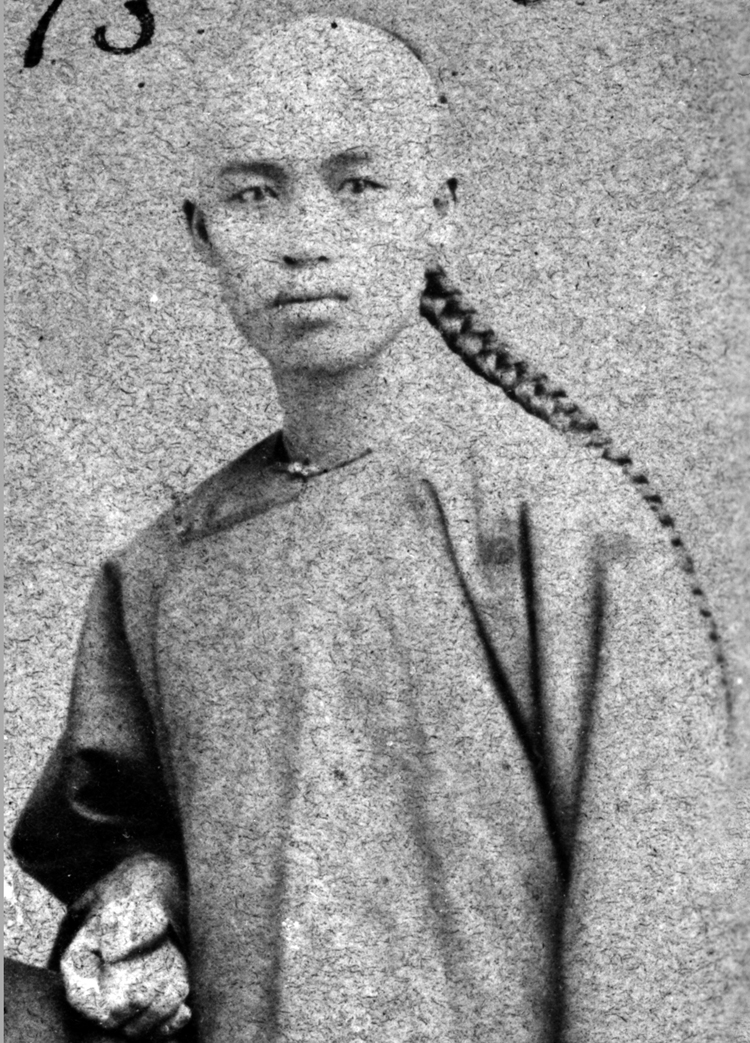In 2018, MOCA partnered with the Moriah Historical Society and Iron Center Museum, Lakes to Locks Passage Stakeholders, and the North Country Underground Railroad Historical Association and Museum in Ausable Chasm, NY. Together the organizations worked to preserve and digitize several rare ledgers containing mugshots and arrest records of undocumented Chinese workers that had been arrested between 1901-1903 for crossing the Canadian-New York border. These men were jailed pending a court hearing under the laws of the Chinese Exclusion Act of 1882. The ledgers include boys as young as 12 and men marked as “deported” or “released by death.” These rare documents not only put a face to the racist immigration laws of the times, but act as an amazing genealogical resource for present day descendants of these men.
Collections馆藏Collections馆藏Collections馆藏Collections馆藏Collections馆藏Collections馆藏Collections馆藏Collections馆藏Collections馆藏Collections馆藏Collections馆藏Collections馆藏Collections馆藏Collections馆藏Collections馆藏Collections馆藏Collections馆藏Collections馆藏Collections馆藏Collections馆藏Collections馆藏Collections馆藏Collections馆藏Collections馆藏Collections馆藏Collections馆藏Collections馆藏Collections馆藏Collections馆藏Collections馆藏Collections馆藏Collections馆藏Collections馆藏Collections馆藏Collections馆藏Collections馆藏Collections馆藏Collections馆藏Collections馆藏Collections馆藏Collections馆藏Collections馆藏Collections馆藏Collections馆藏Collections馆藏Collections馆藏Collections馆藏Collections馆藏Collections馆藏Collections馆藏Collections馆藏Collections馆藏Collections馆藏Collections馆藏Collections馆藏Collections馆藏Collections馆藏Collections馆藏Collections馆藏Collections馆藏Collections馆藏Collections馆藏Collections馆藏Collections馆藏
Jail Record

17 September 2019 Posted.
Jail Records, 1901-1903, Courtesy of the Moriah Historical Society, Museum of Chinese in America (MOCA) Collection.
1901-1903年,监狱记录,原件保存在莫里亚历史学会,美国华人博物馆(MOCA)数字化馆藏

